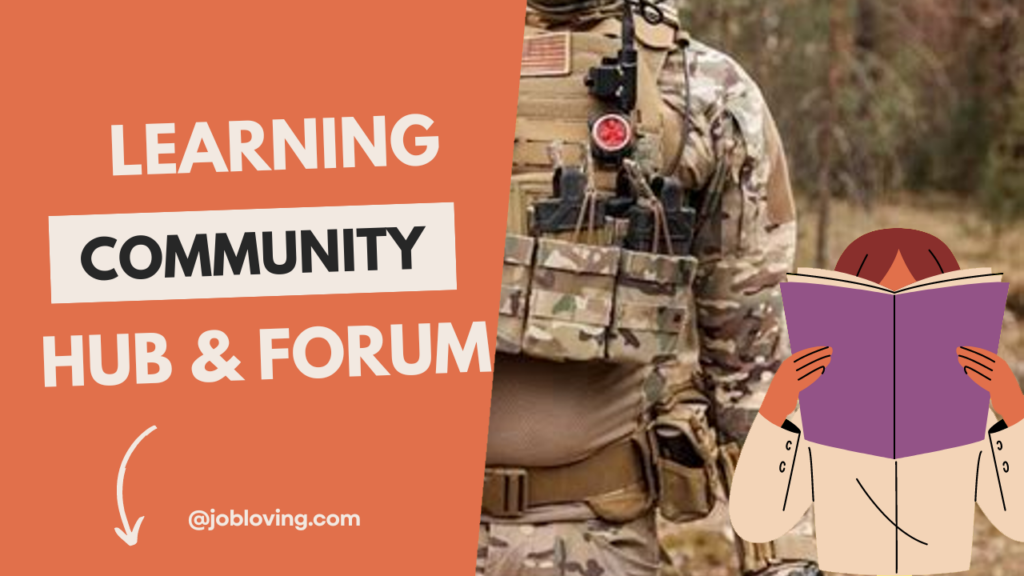Ever wondered which branch of the military is getting the most action on the front lines? It’s a topic that teeters between patriotism and curiosity—especially when you think about those brave souls facing the heat in combat situations. Let’s delve into who’s taking on the lion’s share of combat duties.
The Short Answer: The Army
The Army is the main ground force and the largest branch of the military; hence, they have the largest number of troops in frontline combat situations. They are responsible for protecting the United States’ security and resources both domestically and overseas. These soldiers are often the ones you see on the news, bravely deployed in various conflict zones around the globe.
Detailed Explanation: So why does the Army see the most action? It boils down to structure and mission. The Army’s primary role is to engage in ground warfare, which inherently involves coming face-to-face with enemy forces more frequently than other branches. While the Navy may engage in sea battles and the Air Force flies their impressive jets above, it’s the Army personnel who are often tasked with ground operations, ensuring that they’re stationed where the conflict arises. With each operational deployment, they are the ones on the front lines, from desert conflicts to urban warfare, gaining the most combat experience in the process.
Conclusion/Additional Information: In the dance of military engagements, the Army leads the charge, operating on the principle that boots on the ground are vital for securing both national and global peace. So, whether you’re intrigued by military history or just a curious cat wanting to know more, remember that the boots you see are a direct result of the Army’s extensive involvement in frontline combat. If you have more questions about military branches or want to dive deeper into other fascinating topics, don’t hesitate to join the JobLoving community for more resources!
Key takeaways about What branch gets the most combat?
Combat Roles and Branches
- Army and Marines historically have the largest number of active combat roles in the military.
- Army serves as the main ground force, leading to significant frontline combat troop numbers.
- Marines are often first on the ground during conflicts, specializing in amphibious warfare operations.
- Combat roles are evolving, becoming more distributed across all military branches, including special operations.
- Special Operations forces across branches also engage in significant combat, emphasizing diverse combat opportunities.
- Marines are often favored for combat roles, but Army Rangers present a compelling alternative for engagement.
- Combat opportunities are less about the branch and more about specific units within the military.
- Special Forces units engage in covert missions, often not publicly disclosed, increasing their combat exposure potential.
- Army Rangers typically experience more combat opportunities compared to regular infantry forces in military branches.
- Smaller military units, like Delta and SEALs, frequently engage in international missions involving combat situations.
Factors Influencing Combat Exposure
- Each branch offers unique missions and operational focuses, influencing combat exposure and experiences.
- Understanding evolving warfare dynamics is crucial for prospective military personnel considering combat roles.
- The current focus of US military deployments is primarily in Europe, not involving direct combat.
- Currently, there are no major conflicts involving the US military, limiting combat deployments significantly.
- Line level infantry roles may lead to long service without actual combat experiences in the US.
- Military training for operators in the Army is considered more extensive than that of Navy SEALs.
- Age demographics differ between SEALs and Special Forces, impacting maturity levels and combat readiness.
Career Aspirations and Military Roles
- Each military branch offers diverse career fields, including intelligence, medical, and administrative roles.
- Gathering information from trusted advisors enhances understanding of military roles and combat implications.
- Speaking with military recruiters provides essential insights for making informed decisions about combat roles.
- Lifestyle, benefits, and advancement opportunities vary significantly among different branches of the military.
- The decision to pursue a military career should align with personal aspirations and values.
- Researching military roles and their actual combat involvement is crucial before deciding on a branch.
- The desire for combat can motivate individuals to pursue specific military branches and roles.
Combat vs. Non-Combat Roles
- Not all military positions involve frontline combat; many roles focus on support and logistics.
- The nature of military service offers honor and fulfillment in all roles, combat or otherwise.
- Sincere desire to serve is commendable, regardless of the chosen military branch or role.
- Option 40 contracts in the Army provide a pathway to potentially higher combat opportunities as Rangers.
- Many soldiers currently deployed are not engaged in active combat due to the absence of conflicts.
- Special Forces often participate in nation-building efforts, which can involve combat against local threats.

